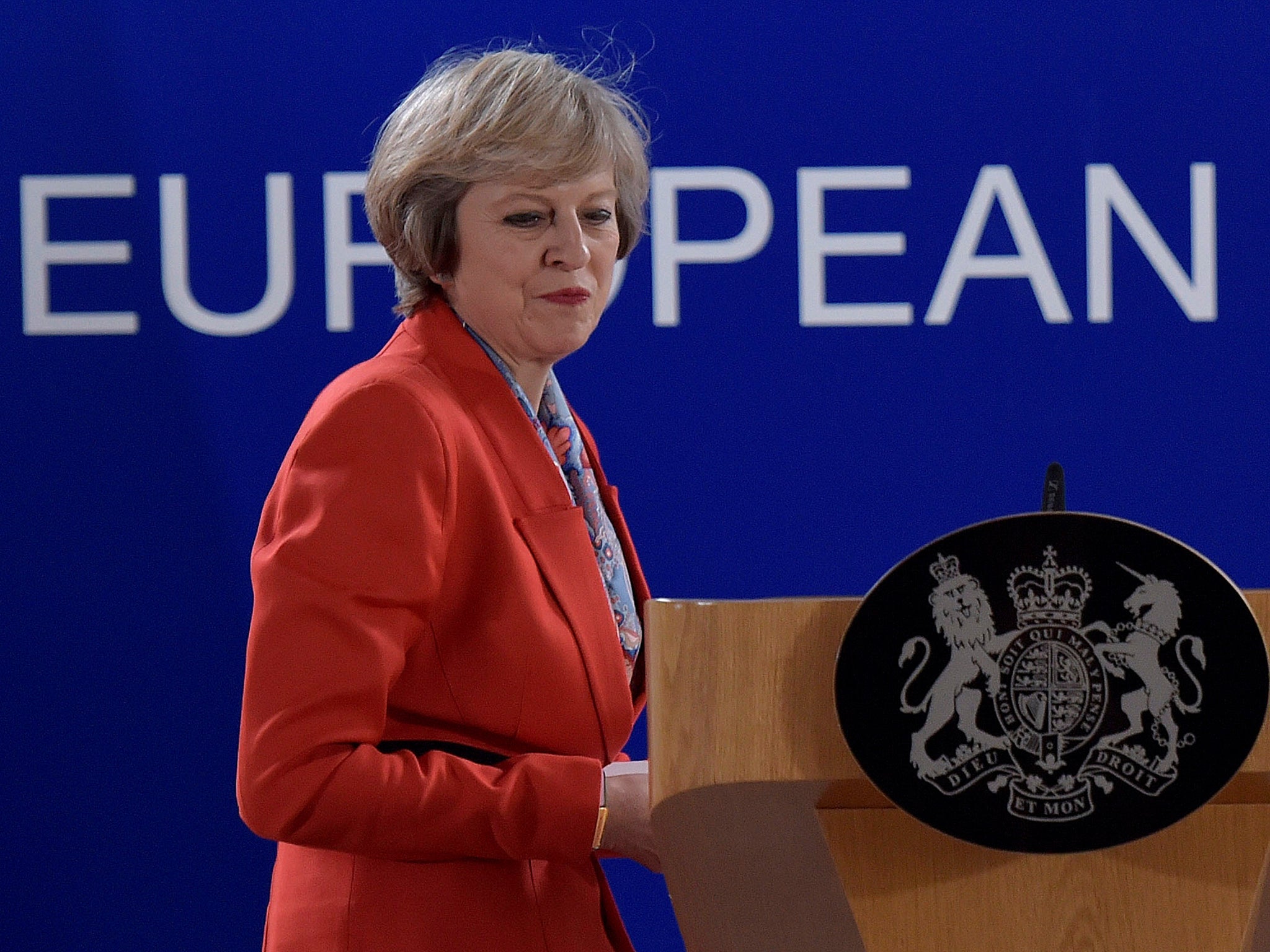The Remainers were wrong all along – history already proves that leaving the EU is the best thing we can do
Far from giving us a growth spurt, the advent of the single market began with a deep recession and continued thereafter with a lower overall rate of growth. More bizarrely, UK exports to the EU proceeded at a slower pace than US and Chinese exports


This is an exciting moment for the UK. We can at one and the same time cast off the costly and bureaucratic embrace of the European Union, and take up a new economic policy for greater prosperity.
Prosperity, not austerity, must be the guiding hand of Britain’s new economic approach. As Britain prepares to leave the EU, the country will need to adjust, making a range of changes – to education, energy, transport, taxation, budgets and trade – to make the most of Brexit opportunities.
During the referendum debate, the two sides portrayed a very different future. The Remain camp regarded the single market as some priceless gem which they claimed was essential to continued growth and prosperity. They produced a number of negative forecasts of what the UK economy might look like, both in the short term and the longer term, in the event of leaving without accurately assessing our arrangements for trade with the rest of the EU.
These have been criticised for failing to provide an accurate view of what is likely to happen. Their short term forecasts have already proved very wide of the outturn.
By contrast, the Leave campaign argued that the UK would make more rapid progress if it could make its own trade deals with the rest of the world, spend its own money on its own priorities, insulate itself more from the trouble of the eurozone, and – because the continent would not wish to lose access to the UK – probably keep much of its present access to the EU market.
The longer the time-frame of the Remain forecasts, the less reliable they were. The evidence, in fact, indicates that when Britain first joined the EEC, and then joined in the single market project with its first completion in 1992, there was no increase in UK growth as a result.
Indeed, the contrary is true: the UK’s growth rate was slower after the completion of the single market in goods than before it joined the EEC. The inauguration of our time in the single market was particularly prone to disaster, coinciding as it did with UK membership of the European Exchange Rate Mechanism.
Far from giving us a growth spurt, the advent of the single market began with a deep recession and continued thereafter with a lower overall rate of growth. More bizarrely, we saw the growth rate in UK exports to the EU proceeded at a slower pace than the increases in US and Chinese exports to the EU from outside the single market.
As the EU sells us so much more than we sell them, it seems likely that once their disappointment and anger at our decision to leave dies down, they will come to the view that they must not damage their access to our market. In turn, that means we will keep good access to theirs.
When I and others put the case against the UK joining the euro, we faced the same wall of disbelief from many in the UK business and government establishment. They allied with powerful interests on the continent, to tell us that the City would be badly damaged if we stayed out and that the UK economy would suffer as a result.
They used a familiar mixture of false forecasts and wild threats. They said the City would be banned from European markets, and many businesses would wish to locate to within the eurozone.
The opposite happened. The City grew mightily outside the single currency, while many individuals and businesses on the continent were drawn to invest and trade here, given the liquidity of UK markets and the concentration of skilled staff available.
Brexit offers a three-fold benefit. It allows us to spend our own money and boost our economy and public services as a result. It allows us to pass our own laws best suited for expanding employment and investment. It permits us to conduct our own trade negotiations with the major countries of the world outside the EU, where currently under EU control we have no trade deals.
These opportunities will allow us to change current economic policy to create the conditions for increased prosperity here at home.
John Redwood is Conservative MP for Wokingham.This is an edited extract from his latest publication 'Brexit Benefits: Prosperity not Austerity – Britain’s New Economy', published by Politeia


Join our commenting forum
Join thought-provoking conversations, follow other Independent readers and see their replies